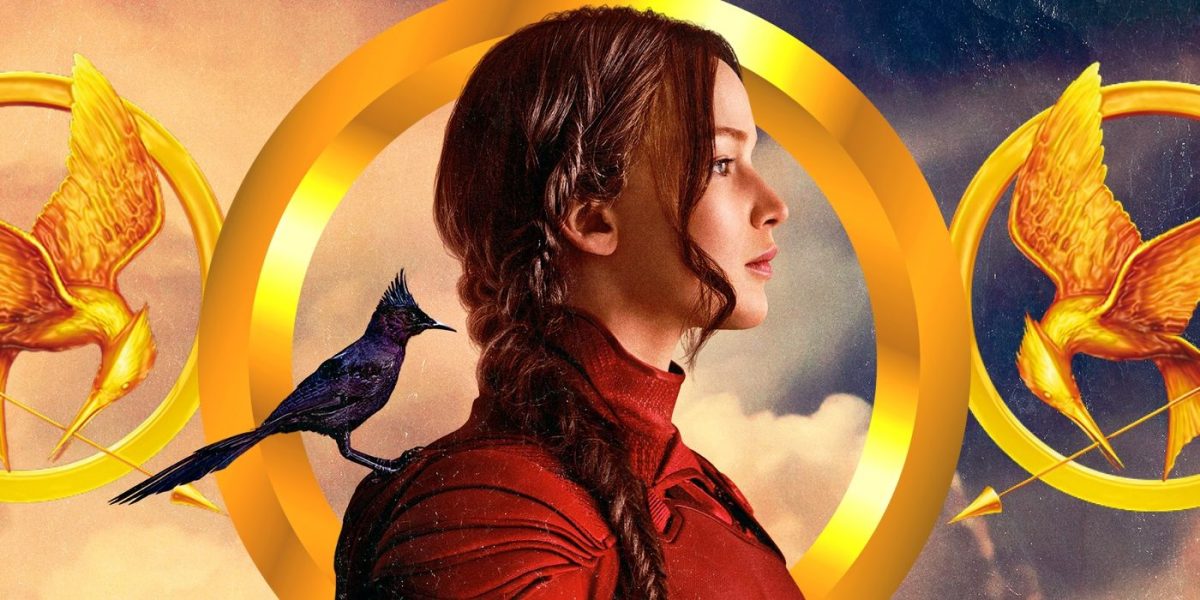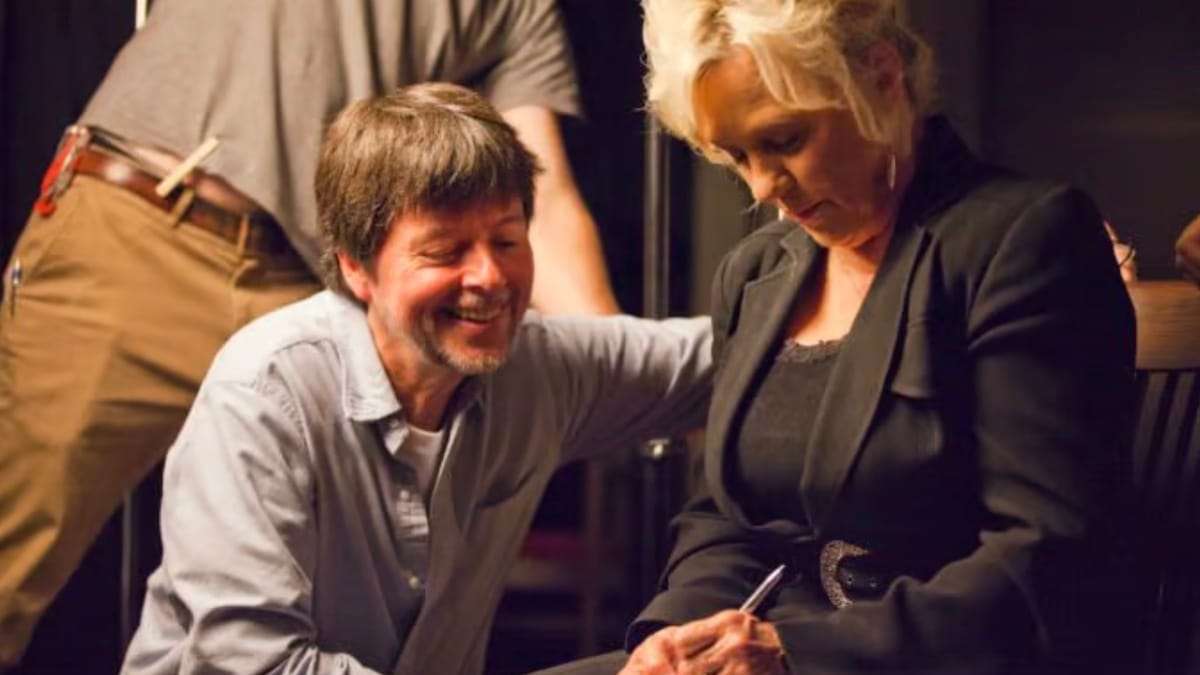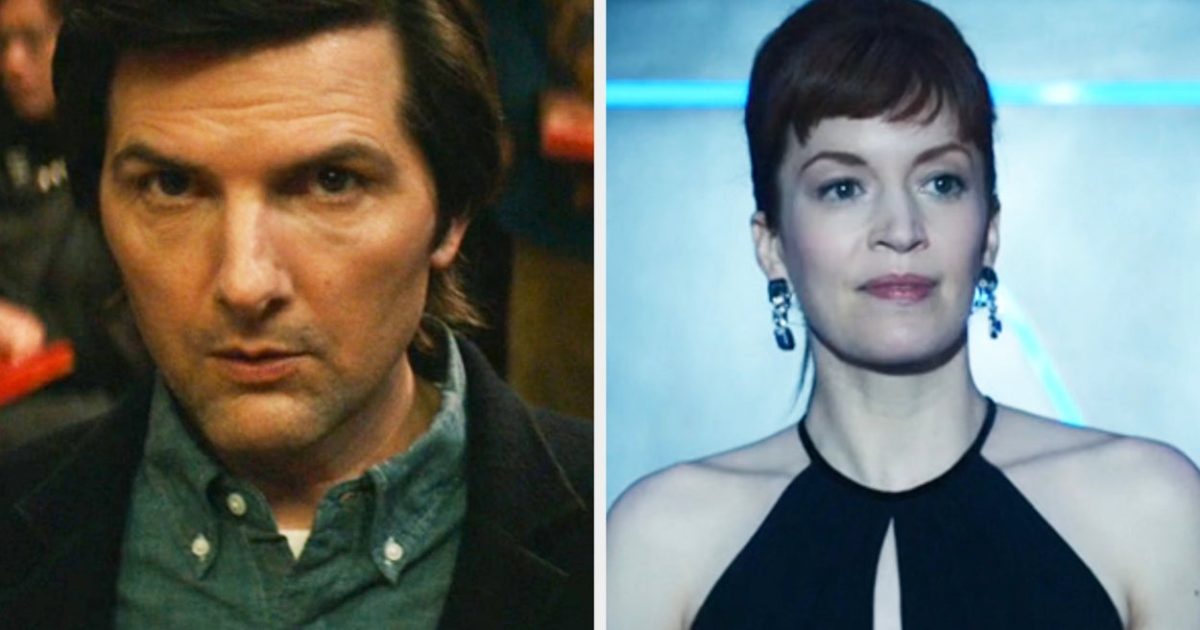
Why ‘The Hunger Games’ Stands Out Among Dystopian YA
Mar 19, 2023
When the first Hunger Games movie came out in 2012, the world of cinema had just recently discovered the power of young adult literature as a source of inspiration. The Harry Potter saga had hit the screens for the first time little more than a decade prior in 2001, kickstarting a wave of fantasy movies based on books aimed at tweens and teens, from The Chronicles of Narnia to the ill-fated His Dark Materials film franchise. A few years later in 2008, Twilight gave rise to the teen paranormal romance craze, and in the 2010s, it was time for the teenage dystopias to take the central stage.
Directed by Gary Ross and starring Jennifer Lawrence and Josh Hutcherson, The Hunger Games was merely the first of many YA dystopias that took over screens up until the middle of the decade. In its wake came movies and franchises like The Giver, Maze Runner, Ender’s Game, and, of course, Divergent. However, not all young adult dystopias were cut from the same cloth. Much like the success of Twilight outshone that of Warm Bodies and Beautiful Creatures, so did The Hunger Games enjoy a popularity much greater than that of its successors. Up to this day, the series lives on as the greatest YA dystopia of its time, with its enduring popularity even granting it an upcoming prequel, The Ballad of Songbirds and Snakes, while its most popular little sibling, Divergent, didn’t even get a final movie.
COLLIDER VIDEO OF THE DAY
But what is it that makes The Hunger Games so special? Likable protagonists, compelling villains, and memorable supporting characters are definitely a part of the recipe, of course. So is the quality of Suzanne Collins’ writing, as well as Gary Ross and Francis Lawrence’s directorial skills. However, what truly sets The Hunger Games apart from other YA dystopias is something at the very core of its world-building: the bleakness ingrained in its universe and its materialist system of oppression.
RELATED: Why ‘Hunger Games: The Ballad of Songbirds and Snakes’ Will Be a Standalone Film
What Is ‘The Hunger Games’ About?
Image via Lionsgate
Based on the literary trilogy of the same name by Suzanne Collins, The Hunger Games film franchise is comprised of four movies. The first film, titled simply The Hunger Games, was directed by Gary Ross, while Francis Lawrence was at the helm of the three subsequent ones. The saga tells the story of the rise of a rebel figurehead, Katniss Everdeen (Jennifer Lawrence), in the fictional country of Panem — a futuristic state born out of the remnants of North America in the aftermath of a series of ecological disasters.
Divided into 13 districts, each responsible for one specific economic activity, Panem lives under the constant oppression of the uber-wealthy elite of the Capitol. Eventually, as expected, a rebellion was born out of this oppressive regime, but the Capitol was quick to suppress it, obliterating the country’s District 13 in a nuclear attack. Following this failed uprising, the 12 remaining districts were forced to participate in a yearly televised death match called the Hunger Games, in which children between the ages of 12 and 18 dubbed tributes fight for their lives under the gleeful eyes of the Capitol’s citizens. As a reward and a symbol of the Capitol’s mercy, the victor of each edition of the Hunger Games is promised a life of fame and wealth, free from the indignities suffered by the other people of their home district.
‘The Hunger Games’ Is By Far the Bleakest and Most Realistic of All YA Dystopias
Image Via Lionsgate
Alas, this life of privilege is nothing but a lie told by the Capitol. Sure, winning the Hunger Games may free you from having to work the crops of District 11 or the coal mines of District 12, but it doesn’t protect you from the horrors imposed on the poor people of Panem. For starters, surviving the Games usually means living the rest of your days with the emotional toll of seeing kids your own age or even younger dying horrible deaths. This trauma often leads to substance abuse and insanity. Katniss herself has problems with alcohol in the series, as does her mentor Haymitch (Woody Harrelson). In the franchise’s second installment, Catching Fire, we learn of the morphlings, a pair of District 6 victors that were only able to deal with their trauma through heavy use of painkillers. Another emblematic case is that of Annie Cresta (Stef Dawson), who was driven to isolation and emotional instability by the sight of her fellow District 4 tribute being beheaded.
But even if you manage to survive the Hunger Games arena with your mental health relatively unscathed, you are still subject to the whims of President Snow (Donald Sutherland) and his inner circle. The story of Finnick Odair (Sam Claflin), who was forced into prostitution at the age of 14 after winning his edition of the Hunger Games, is quite representative. In Catching Fire, former victors that were promised a life free of the torments of the Hunger Games are all brought back into the arena for an all-stars edition of the event, in a move that is seen as a betrayal even by the people of the Capitol. None of the victors are safe: even the elderly, such as District 4’s Mags (Lynn Cohen), are game for being killed for the Capitol’s entertainment.
In Panem, there is no reprieve from the system’s cruelty. Even those who were supposed to be the select few that managed to escape their unfortunate circumstances are thrown right back into the fire as soon as they are done with the process that should’ve made them untouchable. And what makes it even worse is that they are forced to suffer while putting on a good show for the people of Panem. After all, they are celebrities, Hunger Games’ victors that must not undo the illusion of the Capitol’s mercy towards its children.
It’s a bleak, bleak scenario that is made even bleaker by the fact that Collins doesn’t make any effort to soft-cushion the violence perpetrated by the Capitol. From child sexual abuse to downright physical torture inflicted by government agents, the horrors created by Collins for her fictional world are very much rooted in reality. Equally realistic is the series absence of happy endings, whether we’re talking about the victors still under the Capitol’s yoke or about the many tragedies that accompany the rebellion’s final victory at the end of the series, from rebel leader President Coin’s (Julianne Moore) betrayal to the murder of Katniss’ sister and personification of all things pure, Primrose (Willow Shields), during a bombing. Even Katniss’ happy ending has its caveats: yes, she marries Peeta, and the two live happily ever after with Haymitch and their two children, but her trauma accompanies her forever, and she’s only ever able to connect with people who lived through the same horrors as her. There is no “all was well” for Katniss Everdeen.
The Material Nature of Oppression in the ‘Hunger Games’ Makes It Stand Out
Image Via Lionsgate
But the realism of The Hunger Games isn’t restricted to the bleakness of its universe. It is also present in how the system of oppression of Panem is structured. Unlike in Divergent, for instance, the world of The Hunger Games isn’t divided by personality traits or moral ethos, but by economic factors. The districts are each attributed one core economic activity so that they can’t be self-sufficient in anything: they must always depend on one another, which makes the rise of a rebellion all the harder, especially since the Capitol grants privileges to certain districts dedicated to the production of luxury goods and weaponry.
Which district you belong to has nothing to do with who you are. The division between who’s rich and who’s poor is entirely random, just as it is in the real world. Likewise, the people of the Capitol aren’t evil aliens nor part of a big conspiracy unlike anything we’ve ever seen, they are merely the wealthy trying to retain their privileges in a world devastated by cataclysmic events. These elements make The Hunger Games much more a story about class warfare than about teenagers trying to craft their identity in a seemingly hostile, grown-up world.
The Ballad of Songbirds and Snakes is scheduled to hit theaters on November 17 of this year. Read up on everything we know so far about the highly anticipated prequel, including the cast and the official synopsis.
Publisher: Source link
Everything To Remember About Season 1
Created by Dan Erickson, Severance follows a group of workers at Lumon Industries who have agreed to the "severance program," where your non-work memories are separated from your work memories, thus giving you an "innie" and "outie" life. Season 1 received critical…
Jan 18, 2025
Christina Haack, Christopher Larocca Spark Dating Rumors
Josh Hall Goes Instagram Official With New Girlfriend Amid Tense Christina Haack DivorceIt looks like Christina Haack is flipping to a new chapter of her love life after her breakup with Josh Hall. After all, the Flip Off star was spotted…
Jan 18, 2025
Celeb Couples With Huge Age Gaps
Celeb Couples With Huge Age Gaps One of the biggest taboos in relationships? Two partners with a large age gap. And while it's been said that "age ain't nothing but a number," these Hollywood couples have proved just that. Here's…
Jan 17, 2025
Get $121 Worth of Tarte Eyeshadow for $54
Shoppers can't get enough of these eyeshadows for the incredible staying power, rich pigments, and easy application. Just check out some of the rave reviews. Tarte Golden Era Amazonian Clay Eye Palette Reviews A shopper gushed, "Everything about them is…
Jan 17, 2025











